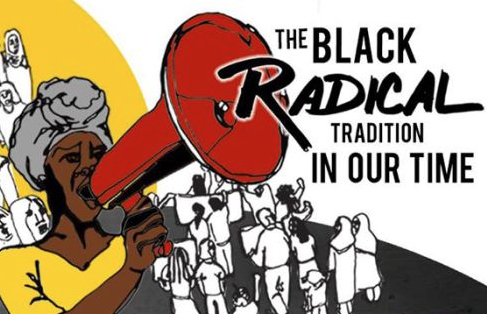Dr. Jared Ball’s IMixWhatILike website and web program is an important and useful resource for ideological development that merits serious attention. His video discussion of Cedric J. Robinson and his notion of the Black Radical Tradition is particularly informative and important.
Robin D.G. Kelley writes “Robinson took Marxism to task for its inability to comprehend the racial character of capitalism or radical movements outside of the West. He essentially re-wrote the history of the rise of the West from Ancient times to the mid-20th century, scrutinizing the very idea that capitalism could impose universal categories of class on the entire world. Tracing the roots of black radical thought to a shared epistemology among diverse African people, he shows that the first waves of African New World revolts were not governed by a critique structured by Western conceptions of freedom but a total rejection of enslavement and racism as it was experienced. Revolts, Robinson emphasized, which were often led by women. However, with the advent of formal colonialism and the incorporation of black labor into a more fully governed social structure, emerges the native bourgeoisie, more intimate with European life and thought, assigned to help rule. Their contradictory role as victims of racial domination and tools of empire, compelled some of these men and women to revolt, thus producing the radical black intelligentsia. And it is that intelligentsia which occupies the last section of the book. He reveals how W. E. B. Du Bois, C. L. R. James, and Richard Wright, by confronting Black mass movements, revised their positions on Western Marxism or broke with it altogether. The way they came to the Black Radical Tradition was more of an act of recognition than invention; they did not create the theory of black radicalism as much as found it in the movements of ‘ordinary’ Black people.”
It was in this work that Robinson elaborated upon his theory of racial capitalism and the spirit of opposition within the Black working class as the engine of liberation from it. Using the Hegelian dialectical triad of Du Bois, James, and Wright, he formulates a proposed praxis that can transcend the shortcomings of socialist movements in the Global North.
While Robinson’s views and works are not specifically endorsed or promoted by the Green Party of the United States or the Green Party Power Project per se, there are individual Greens who have derived a great deal of wisdom and insight from these works. They offer a serious, mature, and accessible critique of white supremacy, firmly grounded in historical materialism, that can offer solutions and guidance for practical challenges in the creation of viable Green Party locals. In a period when we find racial politics and the opposition to racial capitalism at heightened levels of public awareness, books discussion groups and clubs using these texts could help your Green local build power.

